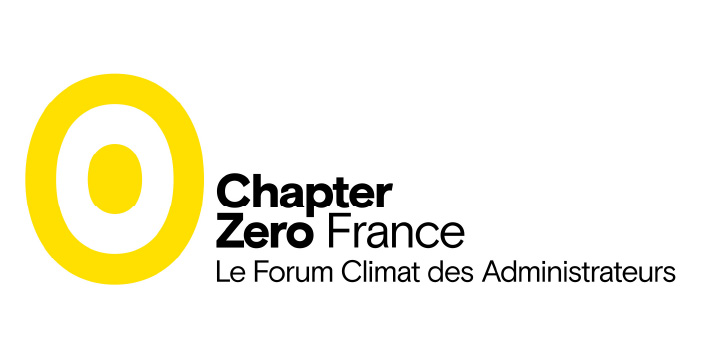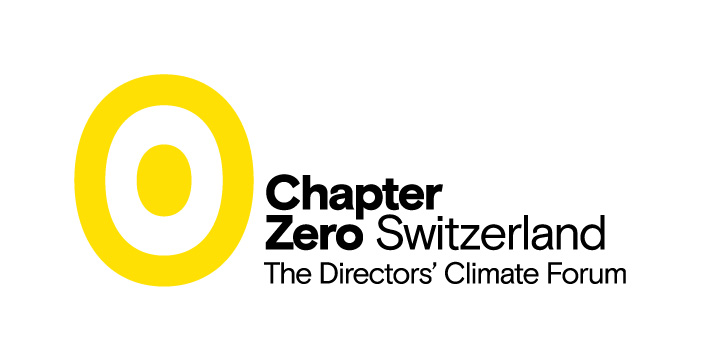Date: 23 March 2021


Host:
Chapter Zero France and Chapter Zero Switzerland
Panellists:
- Bruno Roche – Founder and Executive Director, Economics of Mutuality Foundation
- Francesco Cordaro – Senior Expert Data Analytics, Economics of Mutuality Foundation
- Martin Radvan – Non-Executive Director, Chipita S.A.
Moderators:
- Sonia Tatar – Board Member; Executive Director, INSEAD Corporate Governance Centre
- Peter Brandle – Co-Chairman; CEO, Elephant Vert
‘How much profit would maximize the performance of a business in the ecosystem in which it operates?’ The Economics of Mutuality (EoM) Foundation was founded to answer that question – discovering a robust and practical approach to enable businesses to create more with less and deliver value with less input. The theme of ‘doing more with less’ was explored by this panel of speakers during the CGI’s Global Summit in March 2021.
The concept of doing business today, the panelists argued, has to take two elements into account: a new form of scarcity involving natural resources, and the size and influence of multinational corporations. The EoM model is based on five pillars, including ecosystem mapping, mutual profit and non-financial performance metrics such as natural, social and human capital. In this methodology, Francesco Cordaro (the Foundation’s senior data analytics expert) explained, “a dollar value is not assigned to something which is not a monetary asset. The approach eliminates financial capital with financial capital and natural capital with natural capital.”
The foundation believes that boards need to do three things moving forward:
- Shift the focus from reporting to management
- Redefine the concept of performance and create the right incentives for the management
- Empower management to take a mid-to-long term view in order for change to happen
In order for boards to do those things, however, members need to have knowledge about measuring natural capital. The experts spoke of an ‘input approach’, which measures the total input of natural capital across the product value chain and drives management decision making. This approach focuses on the environmental impact across the lifecycle stages of a product or a service, analysing hotspots in the value chain and promoting intervention at the stages of impact on the environment.
The EoM proposes to leverage the practice of accounting natural capital systems to help companies align their true profit with practice and purpose. With such a system, pain points can be identified and addressed for everybody in that ecosystem. This enables the company to have a broader and systemic view of natural capital measurement and management by being product-centric and not company-centric.
The session concluded with the panel agreeing that maximizing profits for the shareholder is a system that works but is not optimum. Instead, if the business goes beyond financial capital and embraces different forms of capital – going beyond mono-stakeholder capitalism and embracing multiple stakeholders -it’s going to be in a better position. This, the experts argued, is a more resilient means of value creation.